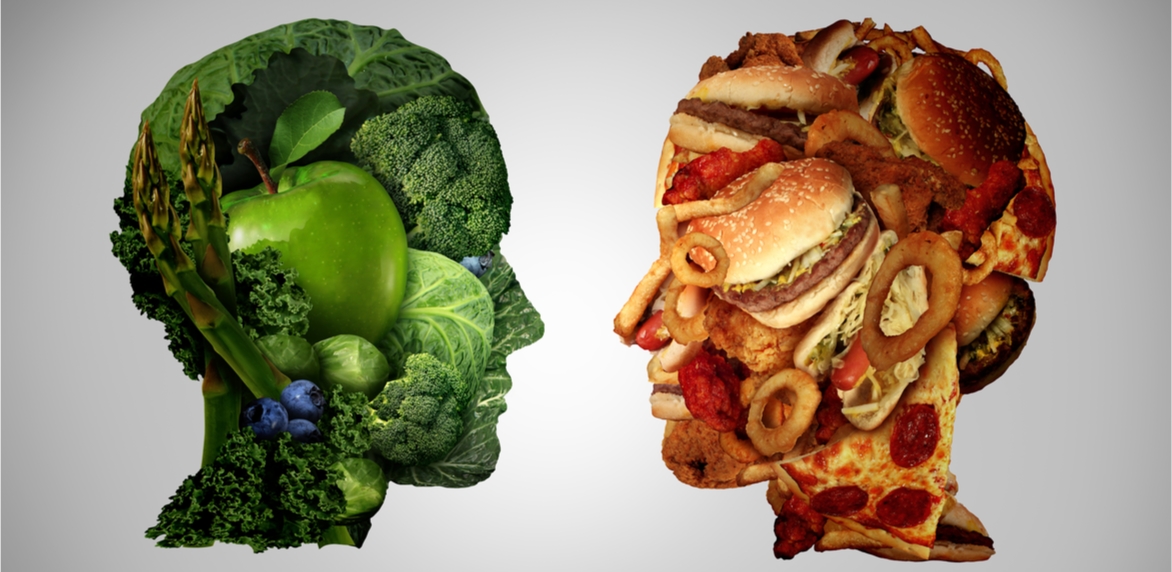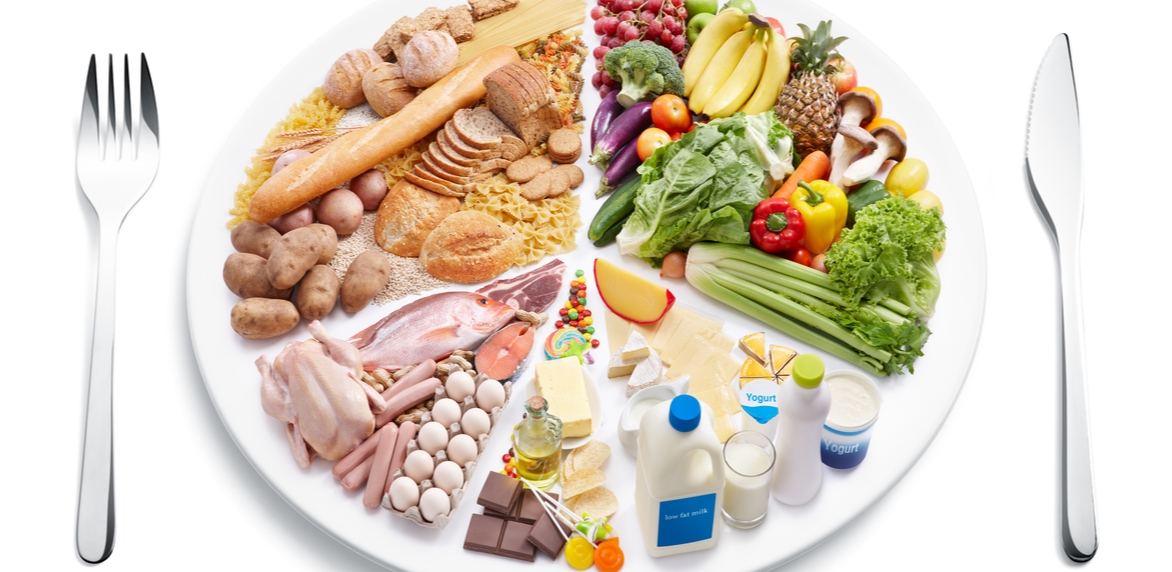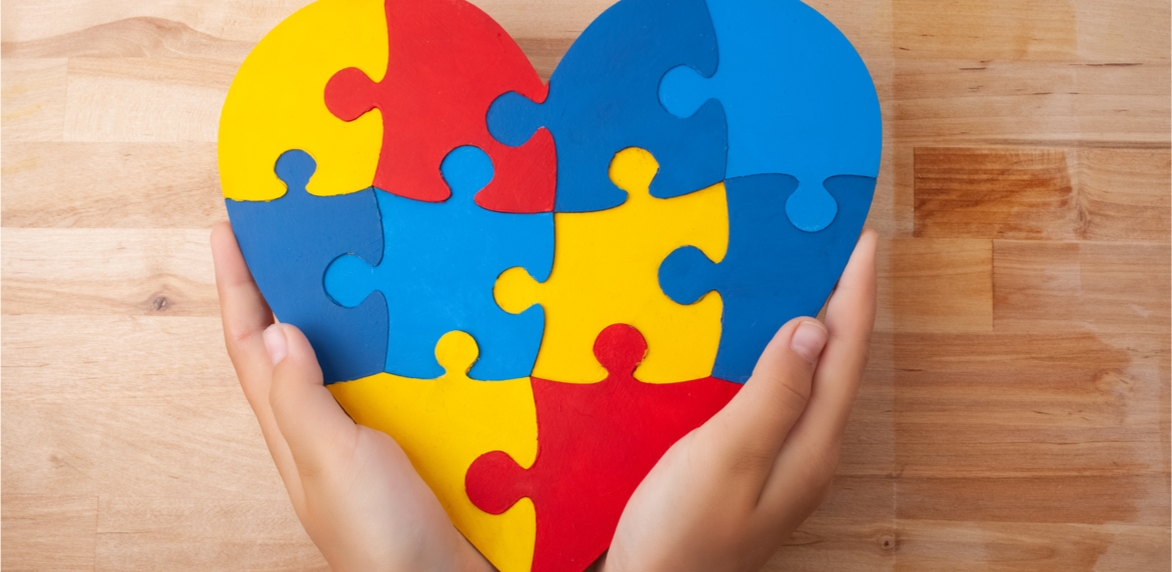On the face of it this seems like a fairly clear answer and one that you think the majority of people would know.
The worrying fact is the vast majority of people are still not fully aware as to what they are actually eating. Which could be the reason why obesity and diabetes, as well as a whole host of other illnesses, are on the rise.

Everything that you eat, or drink will, for the most part, become part of you. So if you’re eating cereals, sandwiches, chocolate and crisps every day you aren’t going to be in good health for too much longer.
What we should also remember is just because you aren’t sick doesn’t mean you are healthy, which gives real food for thought (no pun intended) for one famous quote attributed to Hippocrates of “Let food be thy medicine and medicine be thy food”.
Why do we usually become sick or ill or develop a certain type of disease or ailment? Well this in part will largely be down to your body becoming malnourished and running out of the vital vitamins, minerals, proteins and fats that it requires to perform everyday functions.
Simplistically, we have 4 phases of health that we will highlight as to why a nutrient deficiency will cause us to become ill.

Initial Depletion of micronutrients is usually characterised by changes in the metabolism of a particular nutrient. The body will use its reserves so that no disturbance to its function is detectable, but in many instances the individual will feel tired with a “Lack of energy”.
So, if you are constantly tired or fatigued then this is a useful warning sign that you may need to introduce more vegetables into your diet and or a supplement.

In the next stage your body will start to reduce certain biochemical functions, which will affect various enzymatic reactions. Homeostasis, which is your body’s ability to regulate itself, will then be affected causing a variety of physiological functions such as gaining weight, low blood sugar and irregular heartbeat. This phase will luckily be easy to spot, as you will start to get cravings for chocolate, fizzy drinks, etc.

We will then enter the next phase, where more issues will arise that can get extremely dangerous to your health. This will be characterised by serious medical symptoms or extreme changes in metabolic functions such as obesity, onset of diabetes, depression and panic attacks.
Everything will then be magnified with your cravings being more noticeable, with possibly uncontrollable cravings.

The last and final stage that we will enter for a mineral deficiency will be seen and characterised by the onset of a full-blown disease such as heart attacks, obesity, diabetes, etc.
The clinical phase can in many instances be reversed, but only if the correct nutritional advice and habits are put in place. If left unchecked, however, the health of an individual can eventually lead to death.

Eating a balanced diet full of fresh fruits and vegetables while avoiding unprocessed foods is the way to go.
But trying to find the correct information can be fairly difficult, as there is a vast array of conflicting advice, which seems to contradict itself each week.
Keto, vegan, paleo, fruitarian – the list goes on. Then we can add the myriad Instagram and social media experts, who have largely achieved expert status through a self-evaluation of themselves and who, for the most part, should be avoided altogether.
As much as us humans are very much alike, we are also extremely unique, with no 2 humans being exactly the same.
Our DNA code is custom built to encode for a whole array of differing physiological traits from our eye, hair and skin colour to how tall we are, hence why we all look completely different.
We all understand that our genes effect how we all look but what most people still don’t seem to realise is that our genes will also affect our ability to breakdown and metabolise our food.
Luckily, as a direct result of some great strides forward for genetic science, health testing is now more readily available to the general public.

DNA analysis will look at a variety of different genes that could have a potential impact on how your body reacts to different environments, such as dietary intake or how often you need to exercise.
Analysing your DNA is definitely a piece of your health puzzle, but it’s not the only definitive answer.
Nutrigenomics is a branch of genetics that looks at specific gene variants having an effect on your ability to absorb, transport and then metabolise a particular nutrient.
There have been 1000’s of studies looking at both the nutrigenetic as well as nutrigenomic impact of specific nutrients.
One example would be to look at an individual’s ability to convert beta-carotene found in plants to into the more active form of vitamin A retinal by gene BCMO1.
There are two main polymorphisms to look at here, one will affect 42% BCO1 rs12934922 (A: T) of the population with the other at 24% rs7501331 (T: T or C: T)
Now, depending on which genetic variant of BCO1 (which is expressed within the gut) you have will reduce your ability to convert beta-carotene into retinal from between 30-70%.
Your genetic predispositions for a particular food group, nutrient or trait is then calculated by taking a polygenic analysis and score, which looks at a panel of genes and SNPs (Single Nucleotide Polymorphisms) that have been extensively researched and weighted accordingly by various factors such as the science institute, number of participants as well as year of study.

We will all have genetic strengths and weakness with regards to our diets, so why wouldn’t you want to know as to which foods or nutrients you will need either more or less of.
If you are predisposed to not absorbing a certain vitamin or mineral, then you could be heading down a dangerous path with regards to your health and wellbeing.
If you would like more information or have a specific question, then please contact us at info@muhdo.com.